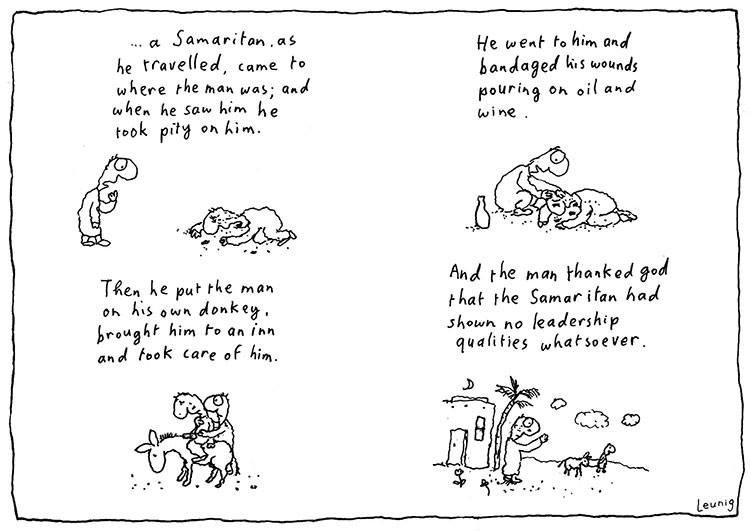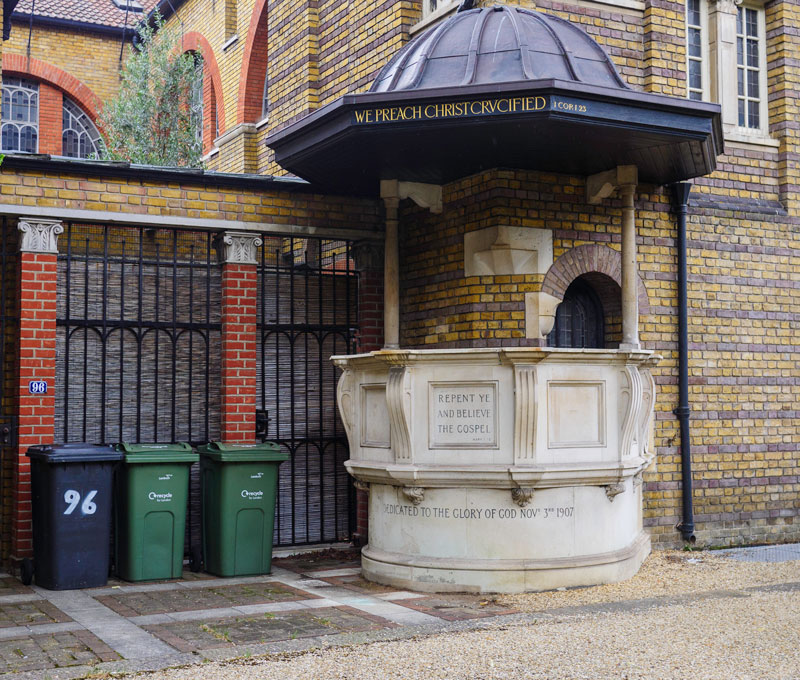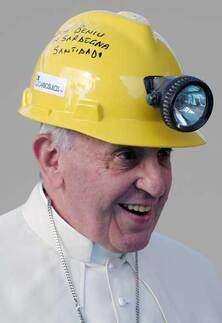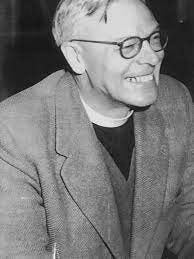
In 1979 I spent almost one term at Woodbrooke. I was a member of Sheffield (Hartshead) Meeting and 23 years old. I'd had a miserable (and unsuccesful) time at Worksop's Valley Comprehensive School, followed by six years writing benefit Giro cheques (anyone remember those?) in the DHSS. Then an unexpected possibility opened up, to read for a social science degree and a social work qualification at university. Sheffield Friends (in particular Irene Gay and Maud Bruce) realised that I could do with some help in making the tranisition: they asked the meeting to fund me to spend time at Woodbrooke. I can never thank them enough.
Woodbrooke then operated a term-time community. I attended lectures and tutorials, and met people like tutors John Punshon and Parker Palmer (the latter a visiting tutor from the USA). The Priestman's were the wardens. All told, it was a wonderful place and atmosphere, and without the heavier self-consciousness of being Quaker that seems to have overtaken British Quakers in the decades since.
Alcohol was banned: a requirement imposed by George Cadbury. But that did not stop students slinking off in groups to bedrooms after super to open a few bottles. And it was at Woodbrooke that I was introduced by a member of The Wee Frees - a distinct Presbyterian denomination in Scotland - to a Rusty Nail. It comprises equal measures of Scotch and Drambuie. I have occasionally drunk it ever since.
At that time, Woodbrooke (and the wider Society of Friends) would reference some of the then recent shapers of Quaker thought, including Maurice Creasey and Hugh Doncaster, names now largely forgotten.
In that glorious short but rich time for me, the days were full of thinking, discussion and conversation; trips out with other students, the odd crush, consumption of Quaker and Christian history and a profound sese of having been given a second chance.




